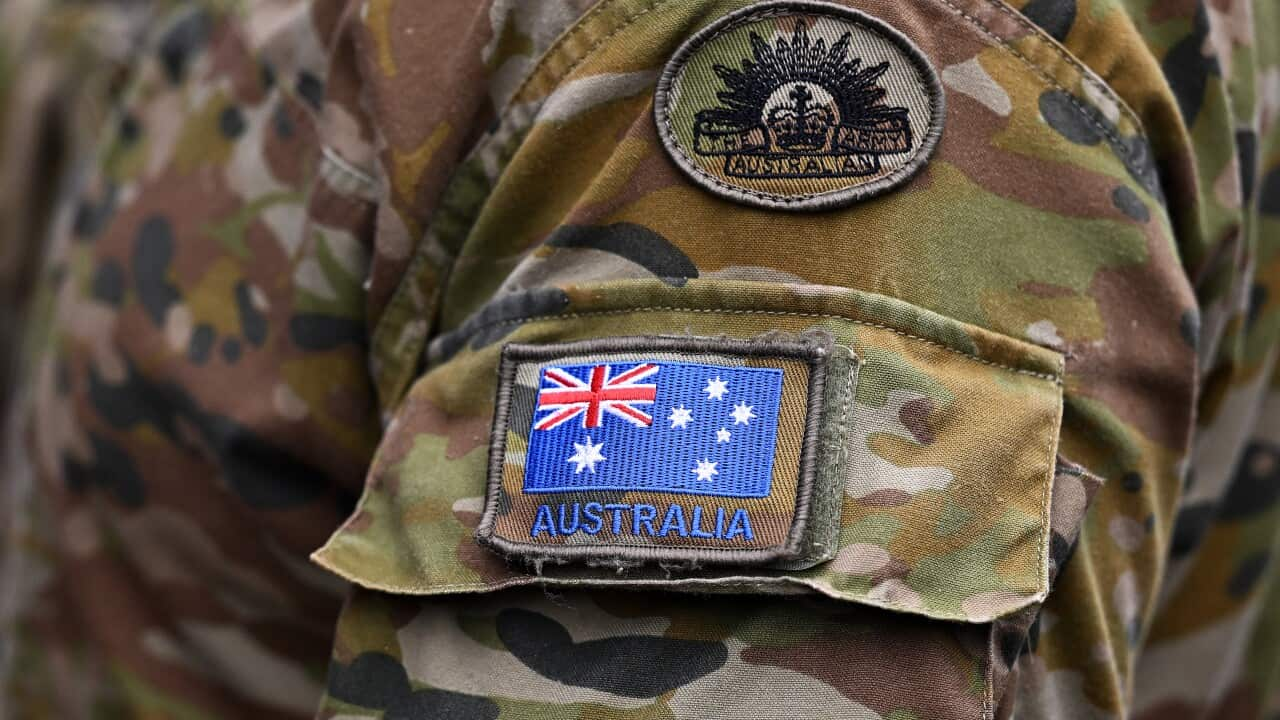Key Points
- Researchers polled 1,514 respondents aged 18 and over on the most important lesson to draw from Anzac Day.
- Those under 50 typically felt skeptical about fighting in wars “not necessary to the direct defence of Australia”.
- The Australian Defence Force recently flagged that hiring rates were below the level required to maintain the force.
Younger Australians are sceptical about their country’s military participation in “unnecessary” wars that don’t serve to directly defend their homeland.
That’s according to a new survey by polling and market research group YouGov, which asked 1,514 respondents aged 18 and over what they consider the “most important lesson” to draw from Anzac Day.
An annual public holiday that falls on 25 April, Anzac Day is a national day of remembrance in Australia and New Zealand that broadly commemorates all citizens who served and died in all wars, conflicts, and peacekeeping operations.
Australian respondents over 50 years old were more inclined to believe the primary lesson of Anzac Day was that “Australians have died for Australia, and we should also be prepared to fight for our country’s values if called upon”.
Meanwhile, those under the age of 50 thought the day’s most important lesson was: “We should be sceptical of politicians who want to commit troops to wars not necessary to the direct defence of Australia”.
Half of the respondents between 25 and 34 years old expressed the latter sentiment, making that age group the most sceptical of Australia’s participation in “unnecessary” wars. About 44 per cent of those aged between 18 and 24 felt the same.
Respondents were more evenly divided when all age groups were taken together, with 46 per cent prepared to fight, 42 per cent expressing their scepticism and 12 per cent undecided.
“Younger Australians, the demographic that is military age, are the most sceptical being involved in unnecessary wars,” Paul Smith, YouGov’s director of public affairs and public data, said.
“However, older Australians are more likely to say we should be prepared to fight for our country’s values if called upon.”
While YouGov didn’t specify what Australia’s values entail, the Department of Home Affairs summarises the “key values that underpin our society and social cohesion” in its Australian Values Statement, which visa applicants must agree to as part of their application.
These include freedom of religion, freedom of speech, freedom of association, commitment to the rule of law and a ‘fair go’ for all, which embraces mutual respect, tolerance and compassion. The key values also recognise English as the national language and “an important unifying element of Australian society”.
Defence’s recruitment issue
The results of the poll come as Australia faces a defence recruitment problem.
Speaking to a parliamentary hearing in February, Australian Defence Force Chief Angus Campbell said hiring rates were below the level required to maintain the force.
As of 1 January, Defence was facing a shortage of more than 4,300 people — almost 7 per cent — Campbell said, noting that the military was “addressing retention and recruitment as a priority”.
Defence Minister Richard Marles last week on defence over the next decade as part of Labor’s National Defence Strategy.
In making the announcement, Marles stressed that the focus of Australia’s defence strategy was within the Asia-Pacific region — but clarified that the government’s main priority was “projecting” defence power further into Asia, rather than the protection of Australia’s borders.
“The geography of our national security … does not lie on the coastline of our continent. It lies much further afield,” Marles said in a National Press Club address.
“An invasion of Australia is an unlikely prospect in any scenario precisely because so much damage can be done by an adversary without ever having to step foot on Australian soil.”
